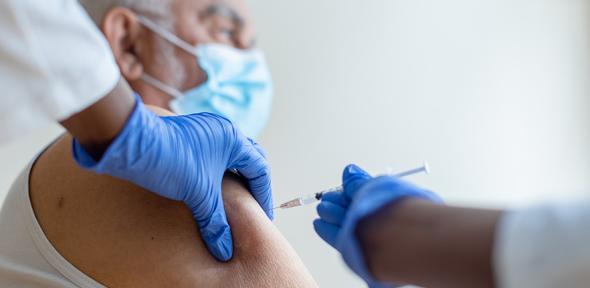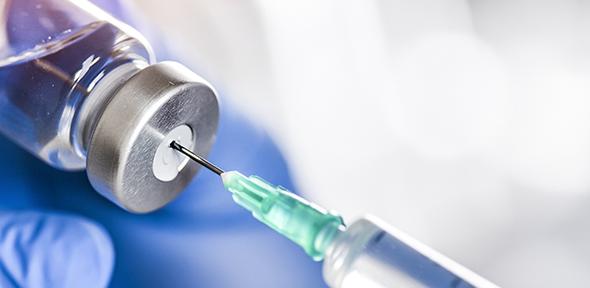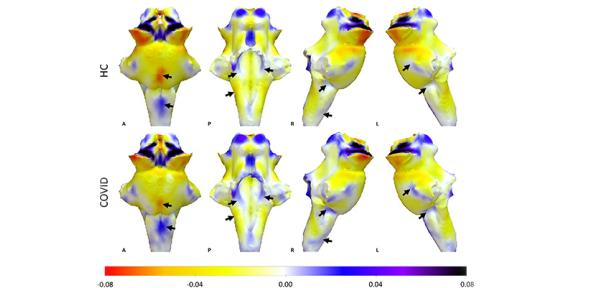Topic description and stories
Cambridge researchers have played a vital role in the fight back against COVID-19, from the use of genomics to track its spread and mathematic modelling to understand infection rates through to innovative screening programmes to keep its students and staff safe.
Underactive immune response may explain obesity link to COVID-19 severity
20 March 2023
Individuals who are obese may be more susceptible to severe COVID-19 because of a poorer inflammatory immune response, say Cambridge scientists.
Read more












